RSV Vaccine Rollout NHS
A Lifesaving Initiative for Infants and Elderly RSV Vaccine Rollout NHS is a groundbreaking initiative to protect infants, pregnant women, and the elderly from the deadly respiratory syncytial virus. Learn how this program can save lives and ease NHS winter pressures.
The RSV Vaccine Rollout NHS program is a crucial new initiative by the National Health Service to combat the dangerous respiratory syncytial virus (RSV). RSV is a highly contagious virus that infects the lungs, nose, and throat, often leading to severe illness, especially in vulnerable groups like infants and the elderly. As winter approaches, the NHS is offering a new vaccine that could potentially save thousands of lives and ease the burden on hospitals.

© GB News
Why the RSV Vaccine Rollout NHS is Critical
Respiratory syncytial virus (RSV) is not just another seasonal virus; it is a leading cause of hospitalizations among infants and older adults in the UK. Every year, RSV accounts for approximately 450,000 GP appointments, 29,000 hospitalizations, and 83 deaths in children and adolescents, with most cases occurring in infants. The impact on the elderly is also significant, with around 175,000 GP appointments, 14,000 hospitalizations, and 8,000 deaths annually due to RSV.
The RSV Vaccine Rollout NHS is a response to these alarming statistics. By offering the vaccine to pregnant women and older adults, the NHS aims to reduce these numbers dramatically. This program is expected to prevent thousands of hospital admissions, thus relieving pressure on the NHS, particularly during the demanding winter months.
Who is Eligible for the RSV Vaccine?
Starting September 1, the RSV Vaccine Rollout NHS will target specific vulnerable groups. Pregnant women, from 28 weeks of pregnancy, will be offered the vaccine to protect both themselves and their babies. This is a critical step, as babies are particularly vulnerable to severe RSV infections, which can lead to serious complications and even death.
In addition to pregnant women, adults turning 75 on or after September 1 will also be eligible for the vaccine. The NHS has also planned a one-time catch-up program targeting those aged 75 to 79. This will ensure that older adults, who are at high risk of severe illness from RSV, are protected before the winter season, when RSV cases typically surge.
The Impact of RSV on Infants and the Elderly
RSV is especially dangerous for infants and the elderly. In the UK, it is responsible for a significant number of hospitalizations and deaths each year. Babies, particularly those born prematurely or with underlying health conditions such as heart or lung disease, are at a high risk of severe RSV infection. This represents an 11% increase from the previous year, highlighting the growing threat of this virus.
The elderly are also at significant risk. RSV can lead to serious respiratory illnesses, including pneumonia, which can be fatal in older adults. Each year, around 9,000 people aged over 75 are hospitalized due to RSV-related conditions. The RSV Vaccine Rollout NHS aims to reduce these numbers by offering protection to those most vulnerable.
A Personal Story: The Devastating Impact of RSV
Health Minister Andrew Gwynne recently shared his personal experience with RSV, highlighting the devastating impact the virus can have on families. His grandson, just weeks old, contracted RSV, which developed into bronchiolitis. The infant had to be placed in an induced coma and spent two weeks in intensive care. Gwynne’s story underscores the importance of the RSV Vaccine Rollout NHS program.
Easing NHS Winter Pressures
One of the primary goals of the RSV Vaccine Rollout NHS is to ease the enormous pressure on the NHS during the winter months. Winter is traditionally the busiest time for hospitals, with a spike in respiratory illnesses, including RSV. By vaccinating those most at risk, the NHS hopes to reduce the number of hospital admissions, freeing up beds and resources for other critical cases.
Supporting NHS Capacity During Winter
Kate Brintworth, Chief Midwifery Officer for NHS England, also highlighted the role of vaccination in managing NHS capacity during the winter.
The RSV Vaccine Rollout NHS program is not just about protecting individuals; it’s about ensuring the NHS can continue to provide high-quality care to everyone who needs it, even during the busiest times of the year.
A Call to Action: Get Vaccinated
Professor Dame Jenny Harries, Chief Executive of the UK Health Security Agency (UKHSA), urged those eligible to take up the RSV vaccine, along with vaccines for flu and COVID-19.
The RSV Vaccine Rollout NHS is a significant step forward in protecting the most vulnerable members of society from a potentially deadly virus. By getting vaccinated, you are not only protecting yourself but also helping to ease the burden on the NHS, ensuring that resources are available for those who need them most during the winter months.
Conclusion: Protecting Lives and Easing NHS Pressure
The RSV Vaccine Rollout NHS is more than just a vaccination program; it is a lifesaving initiative that has the potential to save thousands of lives and reduce the strain on the NHS during the challenging winter months. Whether you are a pregnant woman, an older adult, or someone caring for vulnerable individuals, taking advantage of this vaccine could make all the difference. Don’t wait—get vaccinated and help protect yourself and those around you from the dangers of RSV.
Related:
Infections and Brain Atrophy: 5 Shocking Risks You Need to Know
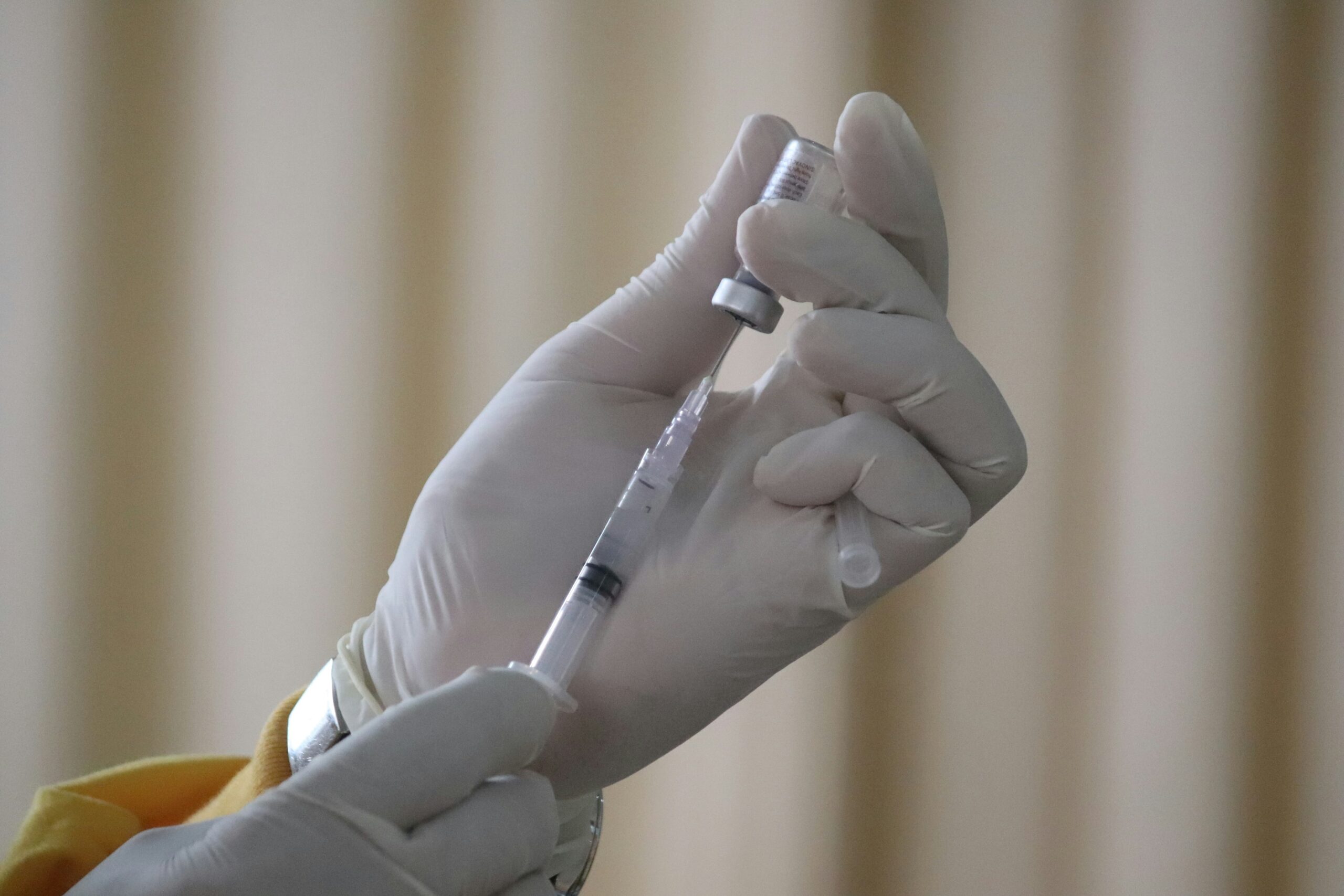
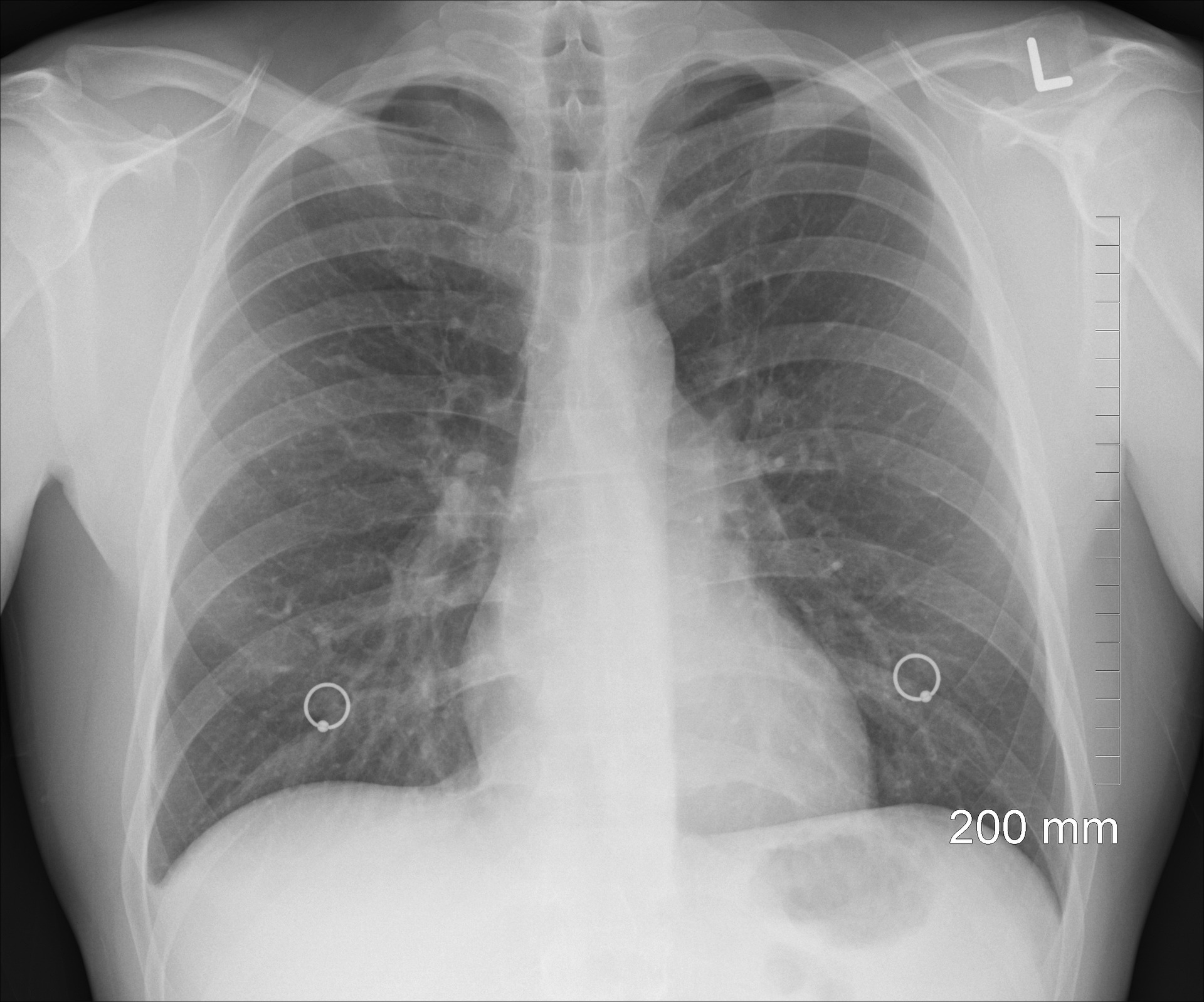
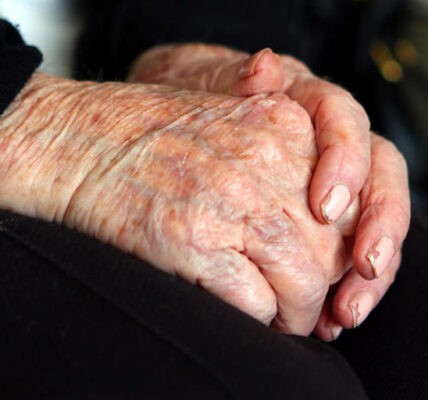
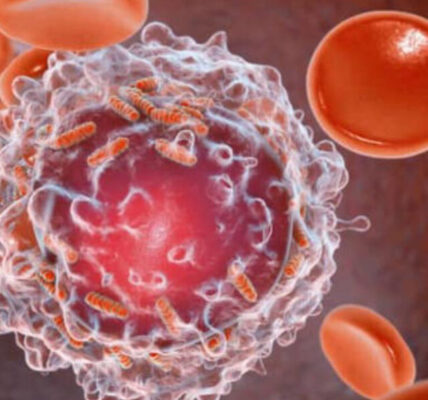
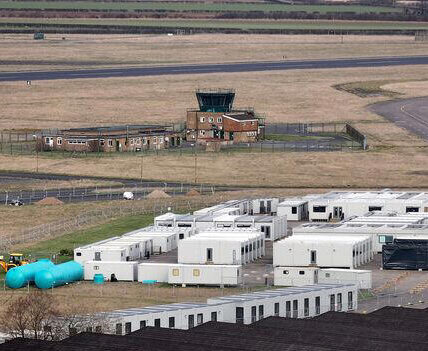
1 COMMENTS